#Nanette Burstein
Text










Elizabeth Taylor: The Lost Tapes (2024). dir. Nanette Burstein
#elizabeth taylor: the lost tapes#nanette burstein#documentary#film#elizabeth taylor#richard burton#montgomery clift#2020s
117 notes
·
View notes
Text



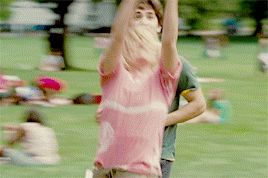
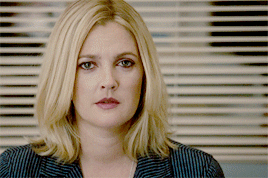


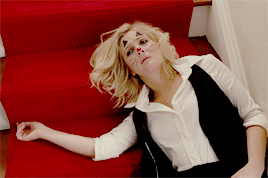
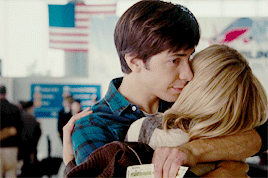

Going the Distance (2010)
76 notes
·
View notes
Photo
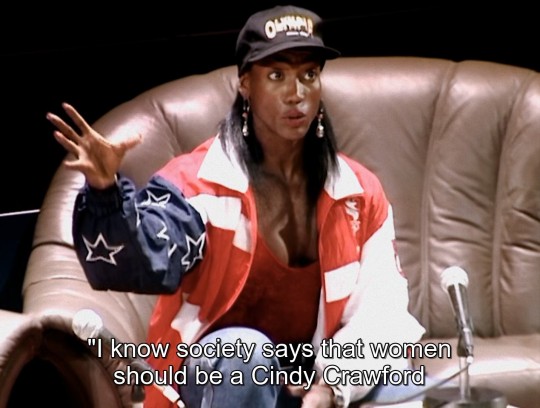
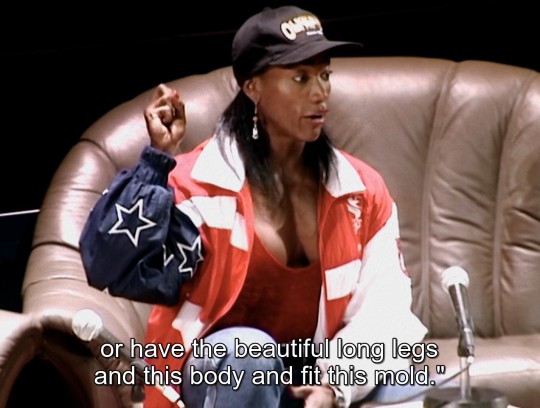
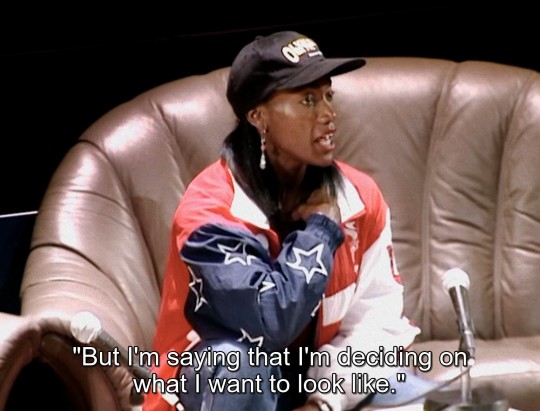
Killer Sally - Nanette Burstein 2022
225 notes
·
View notes
Text

new-to-me #587 - Elizabeth Taylor: The Lost Tapes
#2024 in Films#Elizabeth Taylor: The Lost Tapes#Nanette Burstein#52 films by women#directed by women
4 notes
·
View notes
Text
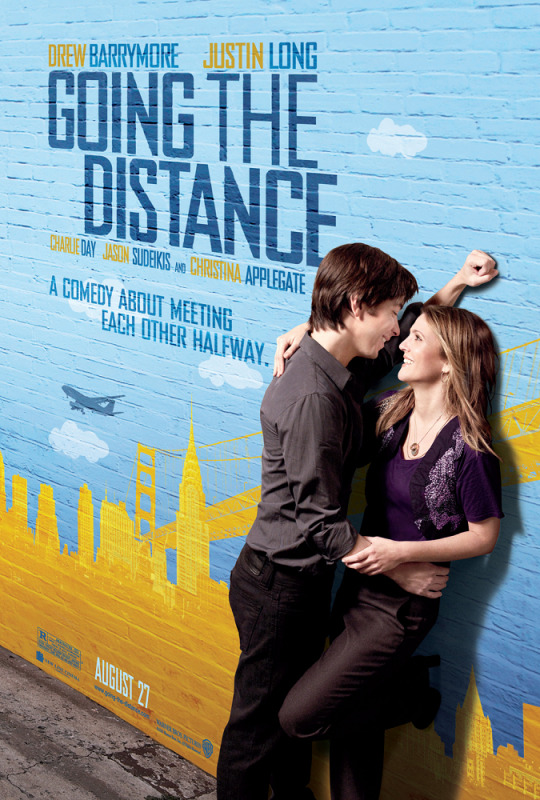
#movies#polls#going the distance#drew berrymore#justin long#nanette burstein#ended#result: unheard of
5 notes
·
View notes
Text

El chico que conquistó Hollywood (Nanette Burstein, Brett Morgen. 2002)
The kid stays in the picture
0 notes
Text

El chico que conquistó Hollywood (Brett Morgen, Nanette Burstein. 2002)
The kid stays in the picture
1 note
·
View note
Text
On August 3, 2024, HBO unveils a compelling portrait of Hollywood legend and activist, Elizabeth Taylor, available to stream on Max. Directed by Nanette Burstein, Elizabeth Taylor: The Lost Tapes celebrates its world premiere at The Cannes Film Festival, offering audiences a rare glimpse into Elizabeth’s life, told in her own words. From her childhood to her enduring legacy, viewers will experience an intimate understanding of the woman behind the iconic status
26 notes
·
View notes
Photo

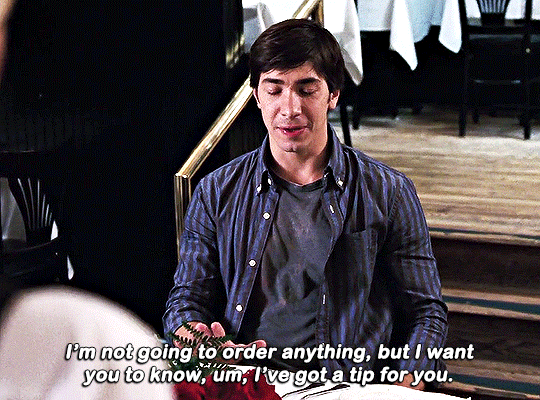

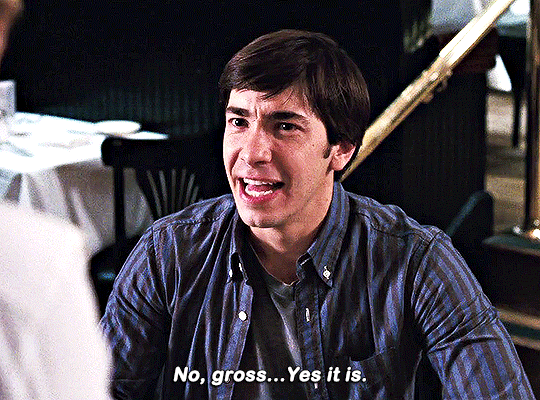
GOING THE DISTANCE
2010, dir. Nanette Burstein
#filmedit#filmgifs#moviegifs#fyeahmovies#chewieblog#userbbelcher#dailyflicks#going the distance#films#justin long#drew barrymore#*#they raised me in a way
669 notes
·
View notes
Text

REVIEW ‘ELIZABETH TAYLOR: THE LOST TAPES’ HHH1/2 NEWLY DISCOVERED AUDIO FROM 1964 PAINTS RIVETING PICTURE
The new documentary “Elizabeth Taylor: The Lost Tapes” is based on interviews from the 1960s.
This black and white action shot features actress Elizabeth Taylor swinging a lasso on the set of “Giant” in 1955.
In 1964, Life magazine ran a 6,000-word story on Elizabeth Taylor culled from nearly 40 hours of audio interviews with the biographer and journalist Richard Meryman Jr.
The headline was “Our Eyes Have Fingers,” a phrase borrowed from Taylor, who was describing the electric connection between her and her fifth husband Richard Burton, who she would divorce and remarry before divorcing once again.
That speaks to the combustible magnetism between them.
Or as Taylor put it: “When we look at each other, it’s like our eyes have ?ngers and they grab ahold.”
Always vivid on screen, that quality also existed in her life and self-expression off-screen.
The Meryman interviews — long, winding conversations over drinks (a “scotch and sodie,” as Taylor playfully puts it) — have been unearthed and they form the basis of the absorbing HBO documentary, “Elizabeth Taylor: The Lost Tapes.”
Director Nanette Burstein layers the audio over clips from Taylor’s films, press footage, home movies and personal photos.
“National Velvet” made her a child star in 1945, but she was playing women in their 20s by the time she was a teenager. Even so, “I was not prepared to be an adult,” she says. “I’d been sheltered and protected and the repercussions were that I made horrendous mistakes.” Success in Hollywood requires a certain amount of ego, but in these 1964 interviews, she comes across as introspective and eager to pull back the curtain. Celebrity image management is not on the menu.
“I’m just fascinated by the phenomenon of Elizabeth Taylor,” Meryman says at the outset. Ummhmm, she replies. I laughed!
Then he asks: What do you think your public image is?
“My public image? Oooooh, I would think it was an untrustworthy lady, completely superficial, not too pretty.” Not too pretty? “I mean, inside — not too pretty a picture. Maybe because of my personal life, I suggest something illicit. But I am not illicit. And I am not immoral. I have made mistakes and I have paid for them. But still it doesn’t make up. I know that I will never be able to pay the bill. But that is not something you can put in the story.”
When asked about her children, her response is level-headed: “I absolutely can not talk about them. I feel terribly protective. They have a right to privacy.” And she is thoughtful about the crazy-making nature of celebrity. “What I have done is deliberately make a dividing line.
The person that my family knows is real. But the other Elizabeth Taylor, the famous one, really has no depth or meaning to me. It’s a commodity and it makes money. One is flesh-and-blood and one is cellophane.” Even today, we rarely hear Hollywood’s most famous drop the act and spell it out in terms as blunt as these.
She laments that “all I have achieved is be a movie star that once or twice has managed to do a fairly capable job of acting. I’m not satisfied with what I am. I’m not satisfied with what I’ve done. I want to improve.”
Presumably, Meryman’s interviews with Taylor took place over several years (the film states they were conducted for a book project) because she talks about “Who’s Afraid of Virginia Woolf?,” which came out in 1966. The clips selected by documentary director Burstein are a reminder of the ways Taylor found small moments of comedy as Martha, the tragic whirling dervish and heavy-drinking chaos agent extraordinaire of Edward Albee’s play, on which the movie is based. Like the way she tells her husband to “shuddup” out of the side of her mouth, a cigarette balanced between her lips.
“Martha is bawdy, sloppy, snarly, but there are moments when, all of a sudden the facade will crack and you will see the hurt, the infinite kind of pain of this woman,” she says. “Because it’s such a complete change from anything I’ve ever done, in a sense it’s one of the easiest things I’ve ever done,” she says. “I have Martha to hide behind, so I’ve lost Elizabeth Taylor. I feel much freer, much more experimental.”
The interviews cover her various roles and marriages, and the drama therein (she admits to henpecking her husbands and always wanting them to push back; too often, they did it with violence). As the conversation winds down, Meryman says: “I think I’ve finished my list of questions.” Taylor is content. “Would you like a drink, dear? Should we turn the little machine off?”
Drinking ran in the family and it would become a problem for Taylor, as well. The documentary ends with shorter excerpts from a 1985 taped interview with journalist Dominick Dunne after she had spent time in recovery at the Betty Ford Center. Her eight marriages behind her, she is finally focused on other things. “I don’t think I’ve ever tried to be alone,” she says. She would spend much of the decade focused on AIDS activism and we see a clip that speaks to this: “No one wanted to talk about it, no one wanted to become involved,” she says, standing at a podium giving a speech. “And it so angered me that I finally thought to myself: ‘Bitch, do something yourself.'”
To Dunne, she explains her thought process more deeply.
“I think there is a reason for having fame — a reason that can be turned into constructive uses because fame can be a very negative thing. And unless you turn it around and make it work for you, what is the point of having it?”
0 notes
Text
Elizabeth Taylor: las cintas perdidas / Elizabeth Taylor: The Lost Tapes
por Daniel Burman
Elizabeth Taylor: las cintas perdidas
Este documental de Nanette Burstein sobre la vida y la carrera de Elizabeth Taylor se basa en entrevistas realizadas a la estrella por el periodista Richard Meryman como parte de su investigación para un libro.
Las cintas correspondientes (con más de 40 hs de grabaciones) fueron descubiertas recientemente. Las grabaciones comenzaron en…
0 notes
Photo

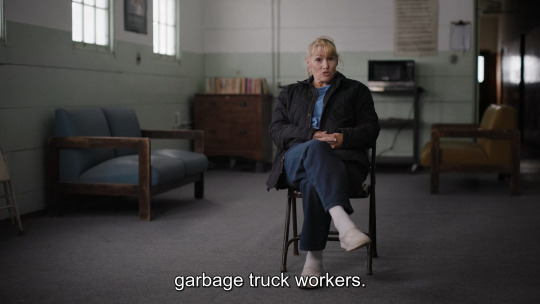
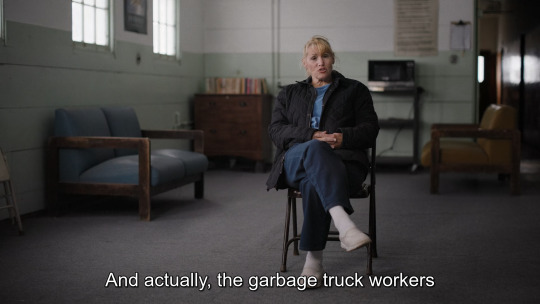
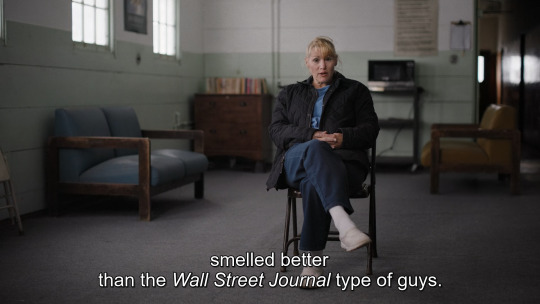
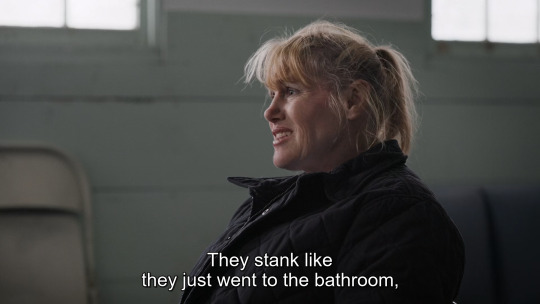
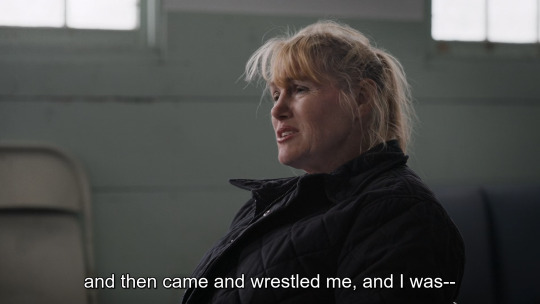
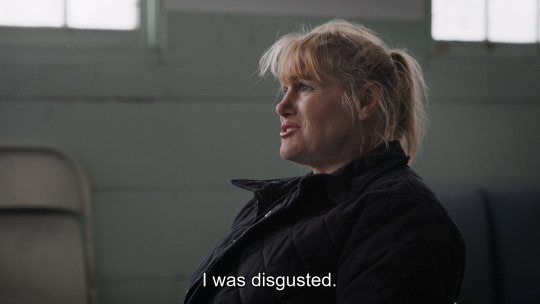
Killer Sally - Nanette Burstein 2022
53 notes
·
View notes
Text
‘Elizabeth Taylor: The Lost Tapes’ Director Nanette Burstein on Capturing the Private Side of the Screen Legend
http://www.afnews.info segnala:
She was the most famous woman in the world. Her marriages (there were eight), affairs, jewelry and medical disasters were all exhaustively chronicled by the tabloids and paparazzi. But away from the klieg lights, a different side of Elizabeth Taylor — witty, wounded, desperate to prove herself — was shared with the tight circle of […]
Leggi il resto su Variety…
0 notes
Link
#191: Nanette Burstein Interview (Elizabeth Taylor: The Lost Tapes)
0 notes
